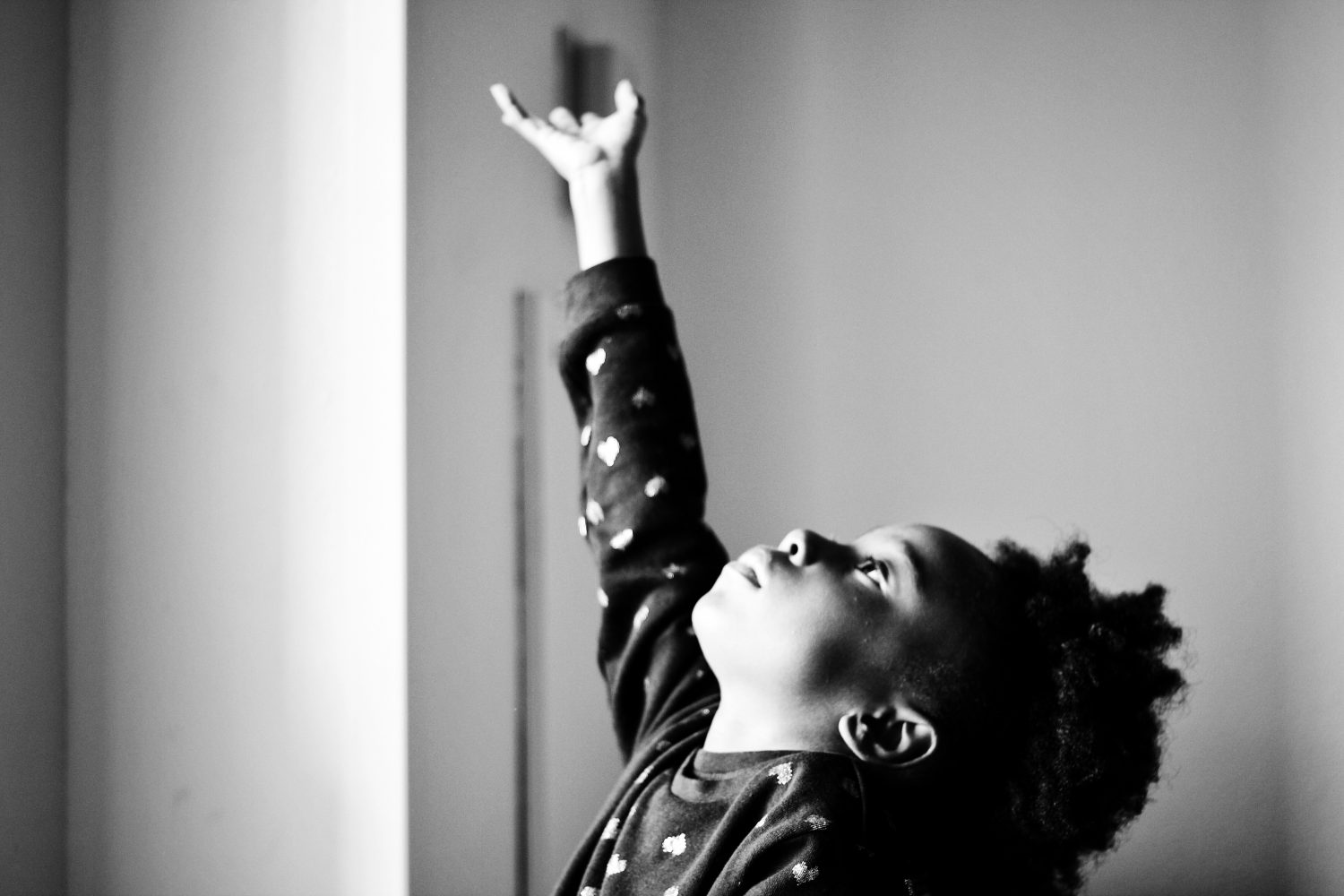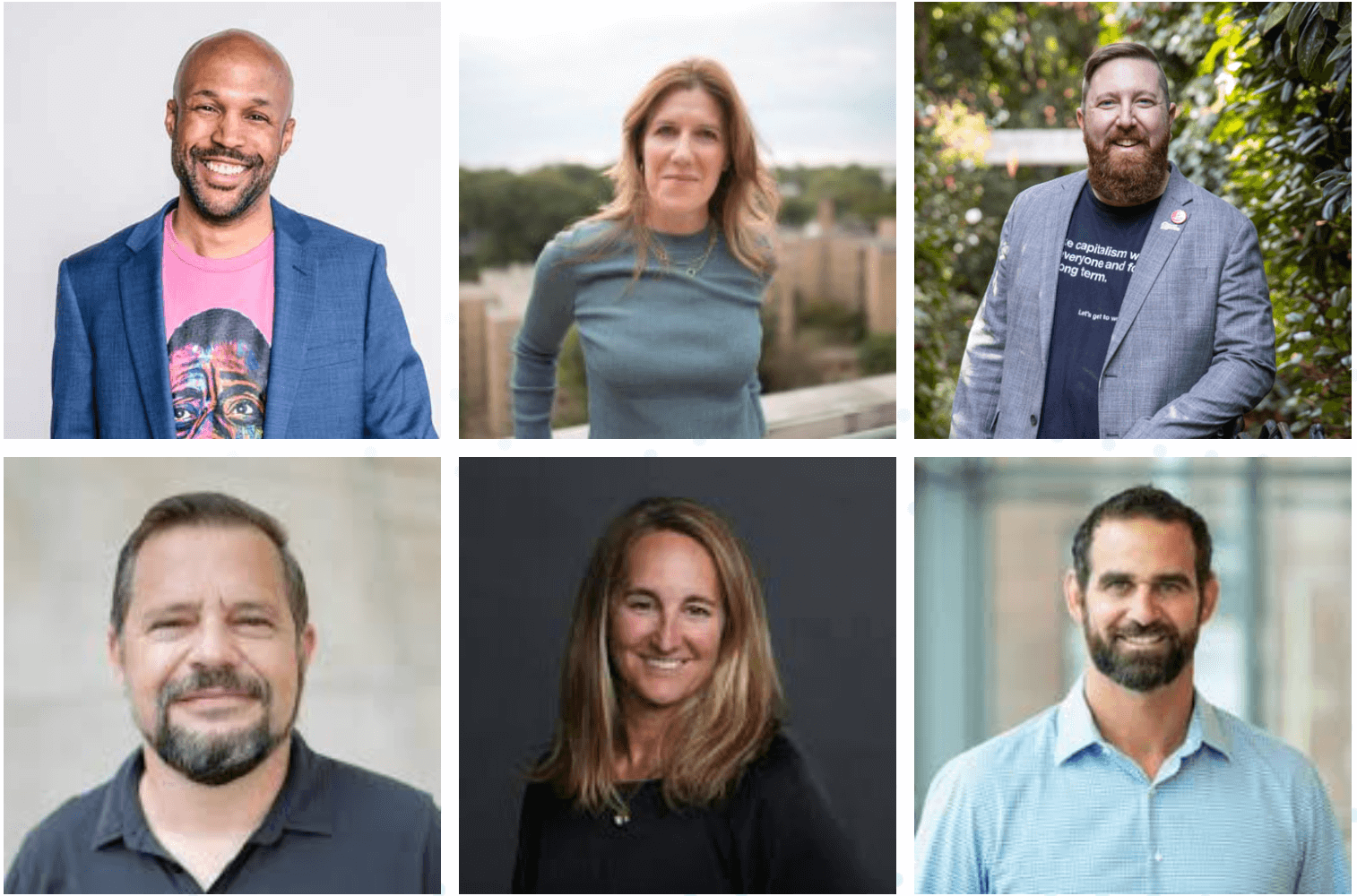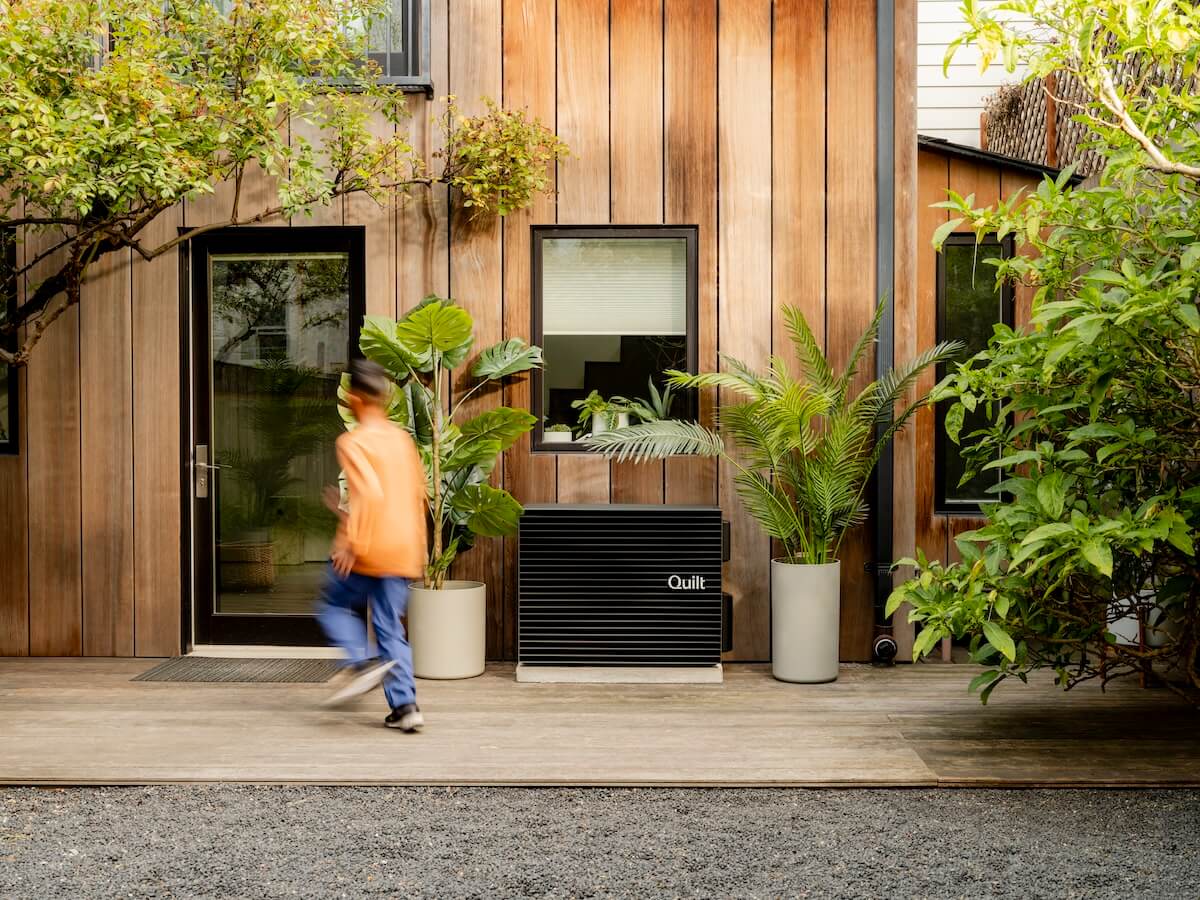Greetings, ImpactAlpha readers!
The Inclusion Alpha
“Toxic” was the Oxford English Dictionary’s word of the year. Through investments and advocacy in 2018, Agents of Impact effectively proposed an alternative: “inclusion.” Expanding the circle means not only including underrepresented and underestimated entrepreneurs, customers, communities and countries. It means changing who writes the checks and who’s at the tables where decisions are made. Inclusion bridges divides and counters toxicity. It also expands opportunities and reduces risks. Call it “inclusion alpha.”
A timely example: impact investors were out ahead of politicians in efforts to reverse mass incarceration. Long before this week’s passage of U.S. sentencing-reform legislation, musician and producer Jay-Z’s Roc Nation and Kapor Capital joined in a $3 million fundraise for bail-reform startup Promise, which is seeking to reduce the more than 450,000 innocent-until-proven-guilty people in jail on any given day as they await trial in the U.S. Other “decarceration” startups include Edovo, which raised $9.8 million for inmate education aimed at reducing recidivism, and Pigeonly, which has raised more than $5 million to cut costs and hassles for friends and families in keeping in touch with inmates. Candide Group’s Morgan Simon enlisted athletes, actors and other activists to organize #RealMoneyMoves and encourage divestment from private prison companies.
Impact investors are finding “inclusion alpha” in overlooked and untapped markets where they can unlock value and execute deals that others can’t. Less competition for deals means attractive valuations. Diverse founders “see problems and opportunities that others don’t,” says Kapor Capital’s Brian Dixon. “They are bringing their lived experience to a startup, solving problems they might see in their community or family.” To find and support such founders, Kapor is building its investment team with women and people of color. When the $350 million family office discloses returns next year, “we will easily be in the top quartile of VC funds,” says founding partner Freada Kapor Klein.
Inclusion means treating people at the bottom of the economic pyramid as respected customers, not aid recipients. The bottom 40%, after all, represent $5 trillion in annual spending power. Providers of off-grid electricity are tapping that growth market. With this week’s $41 million financing, solar lantern distributor d.light has raised more than $100 million in the last two years to expand access to electricity. Some of the company’s earliest backers achieved an exit through the latest round, walking away with a bit of that, you got it, inclusion alpha.
For all the activity, the new approach has yet to deliver widespread inclusion, at least as measured by a reduction in income inequality or the narrowing of the racial wealth gap. Each stage of impact investing, however, establishes a new baseline. Practices improve. Proof points accumulate. Models get replicated. In time, goes the theory of change, inclusion trumps exclusion. Together, healthy, vibrant communities remediate the toxins in their midst.
Investors are finding ‘inclusion alpha’ in…
…closing racial equity gaps. Wealth and other disparities along racial lines limit economic opportunities for tens of millions of people. Investors are finding that racial equity is investable. A search by partners at minority-focused investment firm Harlem Capital turned up 105 U.S.-based startups with black and Latino founders that have raised $1 million or more – $2.7 billion in total. Essence Ventures’ first investment was in Mayvenn’s hair-products platform. Backstage Capital backed Solstice and Pilotly. Melissa Bradley is boosting Washington D.C.’s founders of color. Jessica Norwood’s Project Runway provides ‘believe in you’ money for black entrepreneurs.
- Go deeper: Asking the right questions to guide investments in closing racial wealth gaps.
…solutions that benefit refugees and migrants. Behind the images of border conflicts and crowded camps, a new narrative is emerging about the world’s 70 million forcibly displaced people: Refugees as resilient, employable, credit-worthy and, increasingly, investable. The growing number of “refugee-lens” products includes bonds, loan facilities and funds targeting refugee solutions. Go deeper.
- Working Capital closed its ethical supply chain fund at $25 million.
- Miller Center for Social Entrepreneurship selected 21 early-stage enterprises with migrant solutions for its “Social Entrepreneurship at the Margins” accelerator.
…the creative economy. If you think “arts and culture,” you’re not thinking big enough. The creative economy is a $768 billion market in the U.S. alone, where it accounts for 10 million jobs in creative places, ethical fashion, impact media, sustainable food and other creative businesses. Upstart Co-Lab identified 107 funds targeting the opportunity, with total assets of about $60 billion. Hiding in plain sight.
- Cultural leadership. Venture powerhouse Andreessen Horowitz recruited Sean “Diddy” Combs, Shonda Rhimes, Will and Jada Smith, Quincy Jones, Kevin Durant, Chance the Rapper, Nasir Jones and other African American cultural leaders as limited partners.
- Meow Wolf, the Santa Fe funhouse, raised $17.5 million.
…fintech in ‘emerging markets.’ Billion-dollar impact investor LeapFrog Investments this year poured money into a digital lender in India and a pension fund manager in Nigeria. Now, 500 Startups, TPG Growth’s Rise Fund and even the Chinese tech conglomerate Tencent are getting into the $3.7 trillion opportunity to bring the next two billion people and 200 million small businesses into the formal financial system. Oriente raised $105 million to bank Asia’s unbanked. Accion Venture Lab had an exit, from Aye finance in India. The economics.
- Go deeper. How alternative credit-scoring drives financial inclusion.
- And deeper. Investors are backing fintech ventures to crack a huge market: the global poor.
…banking the unbanked in developed markets. Nearly 140 million people in the U.S. struggle with income volatility and credit challenges. Such customers spend about $173 billion each year to borrow, spend, save and plan. Extending financial services to the underbanked and improving financial health in the U.S is a vast emerging market.
- Acumen America placed its first financial-inclusion investment in EarnUp.
- Even raised $40 million to help Americans save.
…access to housing, health and basic services. Go figure: affordable, multi-family housing has been among the most stable asset classes in real estate in recent years. From the U.S. and U.K. to Palestine and India, housing the poor and working class is a growth market. Affordable-housing finance.
- Calvert Impact Capital invested $5 million in Palestinian housing finance.
- Resonance got a £60 million infusion to house London’s homeless.
- Town Hall Ventures, co-founded by former Medicare chief Andy Slavitt, is investing in companies that improve Medicare and Medicaid services, risk-based care and social determinants of health. What we know.
Investing in workers of the future…
The augmented worker. Holberton School and Lambda School raised funding for models to teach tech skills, while reforming tuition models to help students avoid excessive debt. TPG’s Rise Fund has backed Digital House, which runs schools that teach digital skills to Latin American students.
Retraining and upskilling. Salesforce Impact Fund, Robin Hood and Lumina Foundation committed $15 million to companies supporting adults with job retraining, equitable compensation, and inclusive work environments. The Points of Light civic accelerator has invested in 123 workforce development startups, including ones which focus on high-demand sectors, like senior care, and job training for unemployed immigrants. Trade Skills 4U offers electrical training to fill the U.K.’s trade skills gap.
Pathways to higher education. Quad Learning is helping two-year degree students transfer to four-year programs. Bain Capital backed Penn Foster’s online education model to train frontline workers for jobs requiring more than a high school diploma. NYU and Techstars are offering $1.5 million to startups using artificial intelligence, machine learning, and virtual and augmented reality to improve access and achievement for low income, minority and first-generation students.
Strengthening the building blocks. Enuma raised $4 million for its educational games that cater to special needs students and others who face cultural and economic barriers to education. UBS Optimus Foundation expanded a development impact bond to support education access for children in India. Varthana in India and the Walton Family Foundation in the U.S. are financing brick and mortar schools to help them deliver better education.
>>Give the gift of impact. Give ImpactAlpha to partners still skeptical about the return on impact; to classmates and colleagues who need to get up to speed; to your parents, so they’ll know what exactly it is you do – and why. Our subscriber-only gift rate starts as low as $219 each – 45% off our regular annual price. Give the gift of impact.
— December 20, 2018.











